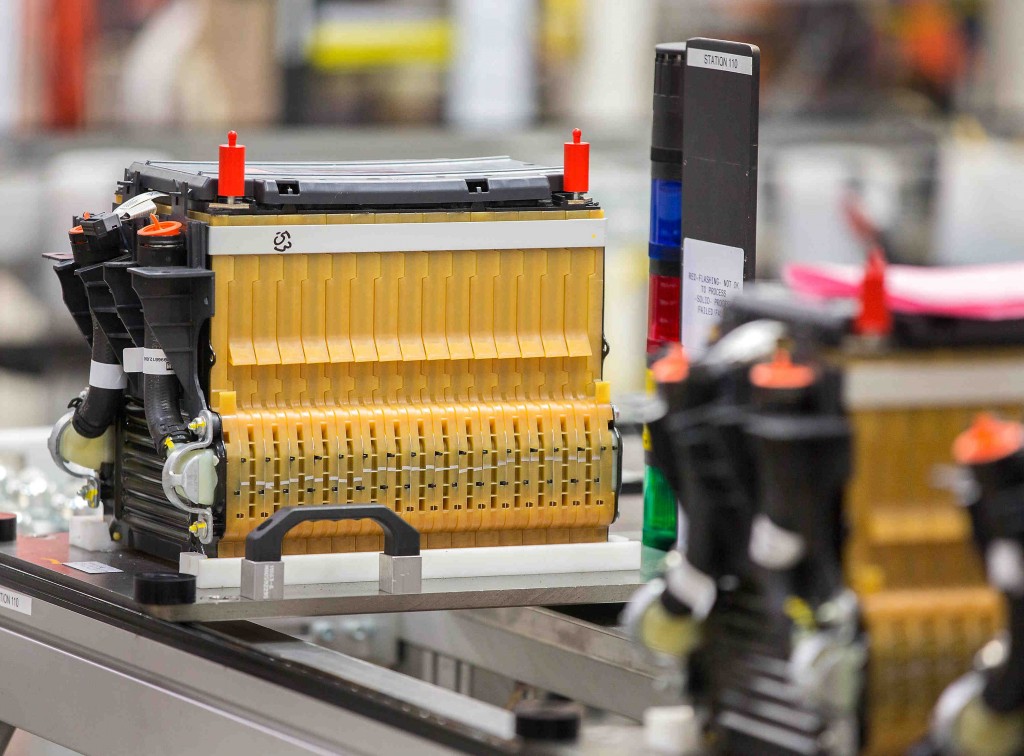Discarded batteries from electric vehicles can pollute the environment if not handled properly, writes Ni Dandan

New energy cars – which at least partly rely on electric engines — have sold in increasing numbers in China in recent years. But as the first wave of such vehicles need new batteries, the country still lacks an adequate collection and recycling system to dispose of the old ones, reported the Economic Information Daily, a newspaper under state news agency Xinhua.
Gaogong Industry Research, a think tank based in the southern Chinese city of Shenzhen, estimates that a total of 248,000 tonnes of automotive batteries will be discarded in 2020, about 20 times the amount thrown away in 2016. If batteries are not properly recycled, the heavy metals and other chemicals they contain pose a risk to the environment.
“At present, there are at most five big companies engaged in [car battery recycling] across the country,” Gao Xiaobing, deputy dean of Gaogong’s Institute of Lithium Battery Research, told Sixth Tone. “Their joint capabilities were sufficient to process the 12,000 tonnes of used automotive batteries last year, but are far from enough to deal with the surge in years to come.”
The Chinese market for automotive batteries has expanded alongside this growth in car sales, reaching a value of 64.5 billion yuan (US$9.7 billion) in 2016, a year-on-year increase of 70%. The car battery market is now larger than that of traditional lithium batteries used in digital devices.
In theory, most automotive batteries can be used for eight years, but in practice they have an average shelf life of five years, according to Li Changdong, president of Hunan Bangpu Recycling Technology Company. “For the first group of domestic electric vehicles assembled between 2012 and 2014, their batteries will expire around 2018,” he told the Economic Information Daily. “In the next three to four years, there will be a sharp rise in the number of used automotive batteries.
Between 2009 and 2011, improper handling of lead-acid batteries used in e-bikes resulted in environmental pollution and threats to human health. In December 2010, more than 100 children in Huaining County, in eastern China’s Anhui province, were diagnosed with lead poisoning. A local battery factory was later identified as the culprit. Similar cases were also reported in Yunnan, Hubei, and Henan provinces the same year.
According to a 2011 report by the China Battery Industry Association, more than 80% of discarded lead-acid batteries were collected by self-employed people. “Most of these batteries were eventually processed by unlicensed small factories that failed to meet environmental standards,” the report said.
Although the lithium batteries used in cars are much safer than lead-acid versions, Gao, of Gaogong Industry Research, said that they can still cause pollution if not disposed of properly. “That’s why it’s important that bigger, more experienced companies help guide smaller and newer ones,” he said. “But sadly, they’re not very motivated at this point – it would take a lot of effort to offer such guidance and at present automotive battery collection is not profitable.”
In 2016, the National Development and Reform Commission issued guidelines on collecting and recycling automotive batteries. Earlier this year, the Standardisation Administration of China also issued national standards on the technology used to disassemble and recycle them.
At present, however, these documents are not legally binding, meaning that businesses can simply ignore them, the Economic Information Daily report said.
According to Gao, though, there is cause for optimism in the fact that properly recycling batteries could bring huge profits.
“Our country has heavily relied on imported cobalt which is a necessary raw material for battery production,” Gao explained. “If cobalt can be properly recycled from used automotive batteries, the new energy car industry can become environmentally sustainable.”
This article was first published in Sixth Tone. It is republished with permission











Đăng nhận xét